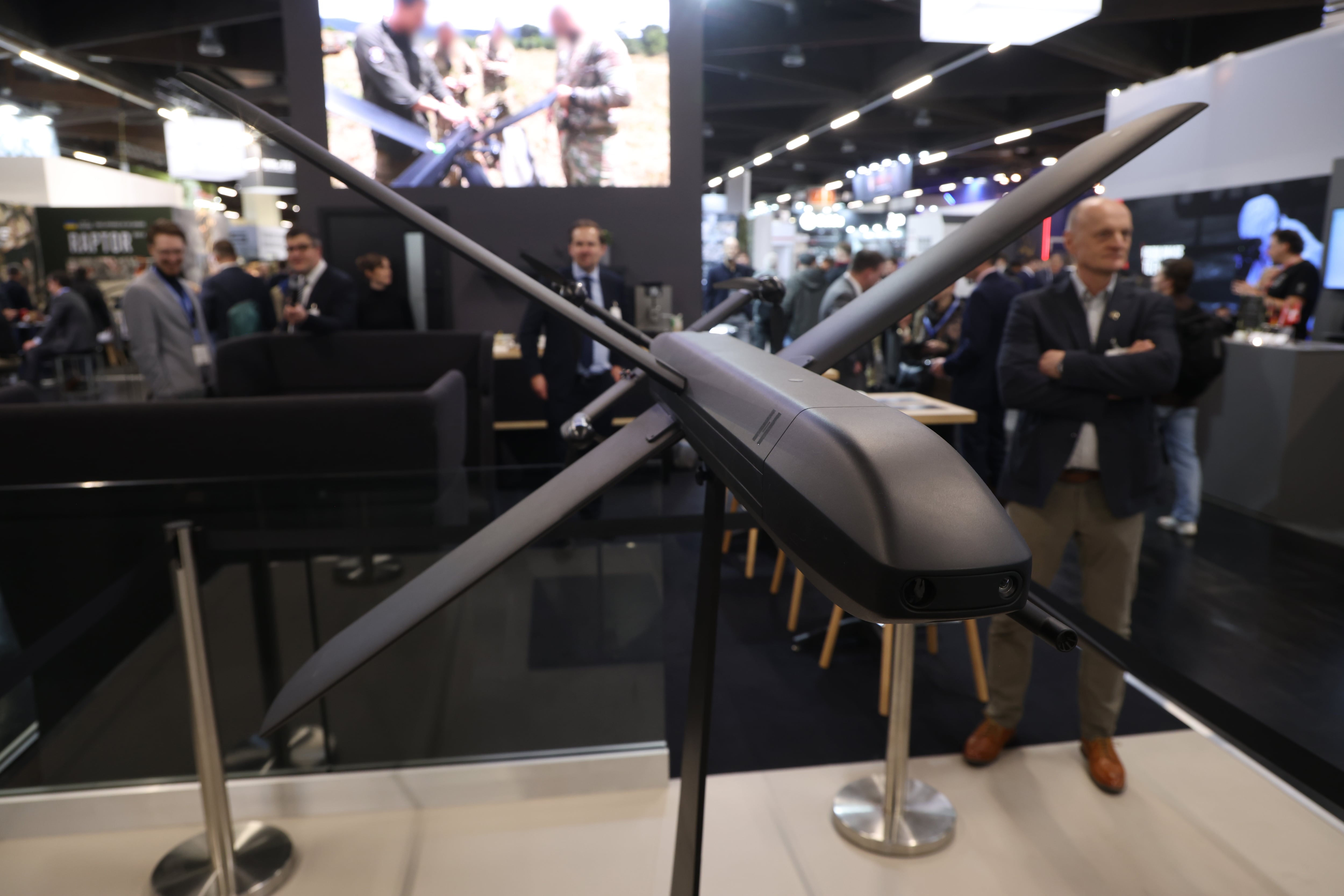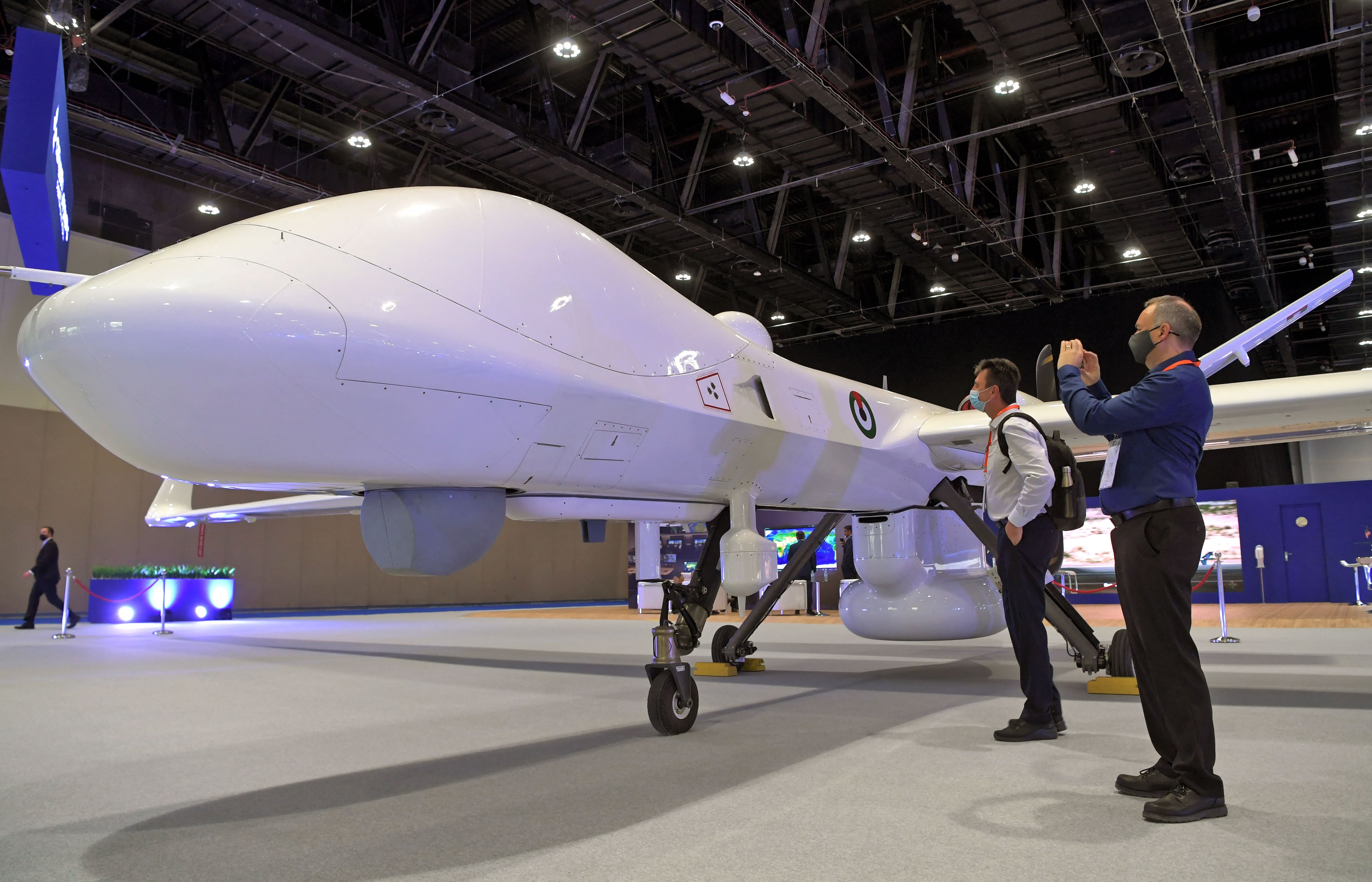WASHINGTON — The Pentagon’s chief technology officer this week promised strong support for the Defense Innovation Unit’s mission to leverage commercial technology for military use, vowing to increase its budget in fiscal 2024 following the resignation of its director.
Michael Brown, who has served as DIU’s director since 2018, announced in late April he would resign when his four-year term ends in September, despite an option to extend his service another year. Brown told colleagues he was leaving due to “glaring weakness in modernizing DoD” and a lack of support from senior leadership, according to Politico.
The innovation hub was established to partner with companies to transition relevant technology from the commercial world to military users.
Lawmakers this week questioned Heidi Shyu, undersecretary of defense for research and engineering, about the perceived lack of support for DIU at time when Pentagon leaders are calling for greater use of commercial technology.
“The department has repeatedly emphasized harnessing commercial technology better,” Rep. Seth Moulton, D-Mass., said during a May 12 House Armed Services cyber, innovative technologies and information systems subcommittee hearing. “It’s been Congress, not the department, that has repeatedly pushed investment in DIU and in innovation.”
Shyu said DIU has “very strong support” in the department and she’s “very pleased” with what the organization has accomplished. She acknowledged DIU’s frustration with its funding levels — referencing a $7 million reduction from fiscal 2021 to fiscal 2022 — and highlighted the $16 million increase for DIU in fiscal 2023, bringing its total request to $43.9 million.
When lawmakers pointed out the increase from fiscal 2021 to fiscal 2023 doesn’t cover inflation, Shyu agreed the department needs to better prioritize funding. She said she expects “a much stronger request” in fiscal 2024.
Moulton highlighted a 2020 Future Defense Task Force report published by the House Armed Services Committee, which called for a 10-fold increase in funding for DIU.
“We clearly need to be spending a lot more on innovation — not incrementally more, not 10% more, but on the order of magnitude of 10 times more,” he said.
As for Brown’s successor, Shyu said she doesn’t have a timeline for identifying a replacement, but is starting a search. She noted DIU’s deputy director, Mike Madsen, extended his term by one year, giving the organization some continuity during the transition.
“I will search for candidates that have experience in the commercial sector and, preferably, some experience in the venture world — or at least knowledge in the venture world,” she said.
Shyu said one of DIU’s biggest challenges has been generating what she called “the pull” for new technology from the services’ acquisition offices.
“A lot of small companies have great ideas, they produce a lot of prototypes and it’s this funnel going down to production,” she said. “It’s the pull from the acquisition community that we need, so I think that’s what I want to focus on.”
To help address that issue, Shyu said DoD will roll out a new initiative in the next few months called Strategic Capital to help small companies secure capital investments and work directly with service-level program offices to generate demand for their technology.
“This really helps the small business to get a lot more funding to continue to develop the prototypes and mature to the phase that they can transition,” she said.
Courtney Albon is C4ISRNET’s space and emerging technology reporter. She has covered the U.S. military since 2012, with a focus on the Air Force and Space Force. She has reported on some of the Defense Department’s most significant acquisition, budget and policy challenges.







